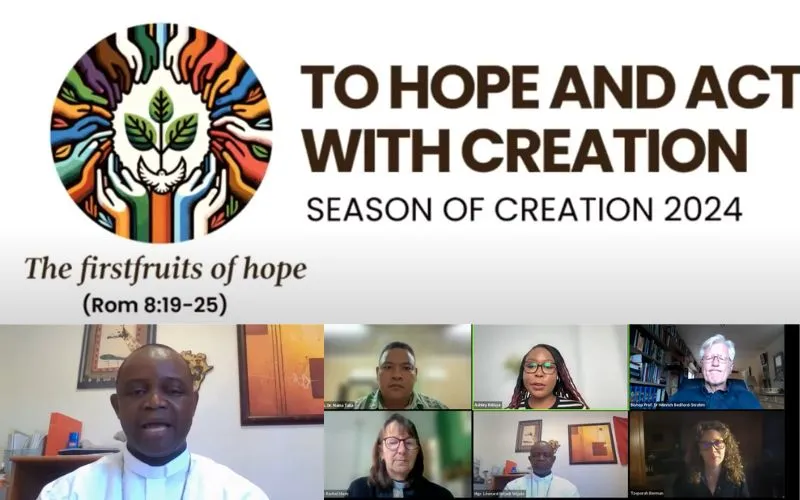Kinshasa, 13 September, 2024 / 8:38 pm (ACI Africa).
The Auxiliary Bishop of the Archdiocese of Kisangani in the Democratic Republic of Congo (DRC), has underscored the pivotal role that religious leaders in Africa must play in advocating for a global shift from fossil fuels to renewable energy.
In his presentation during the Tuesday, September 10 webinar that the Season of Creation committee organized, Bishop Léonard Ndjadi Ndjate said religious leaders are key in realizing the Fossil Fuel Non-Proliferation Treaty (FFNPT).
Religious leaders, Bishop Ndjate said, have a threefold responsibility in helping African governments implement the treaty whose “aim is to stop fossil fuel exploration and expansion and phase-out existing production” in line with the targets of the Paris Climate Agreement while supporting “a just transition to renewable energy.”
Proclaiming the Gospel of Creation
Bishop Ndjate said that religious leaders are first tasked with spreading the message of “integral ecology,” which calls for a profound change in how humanity interacts with the environment.








